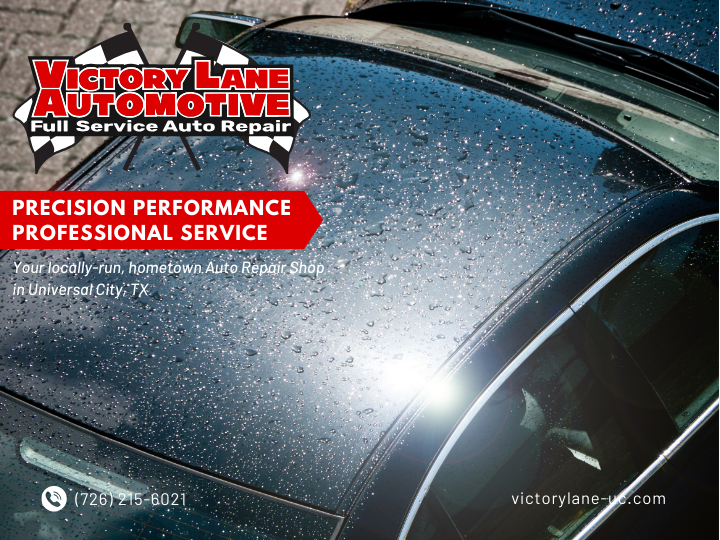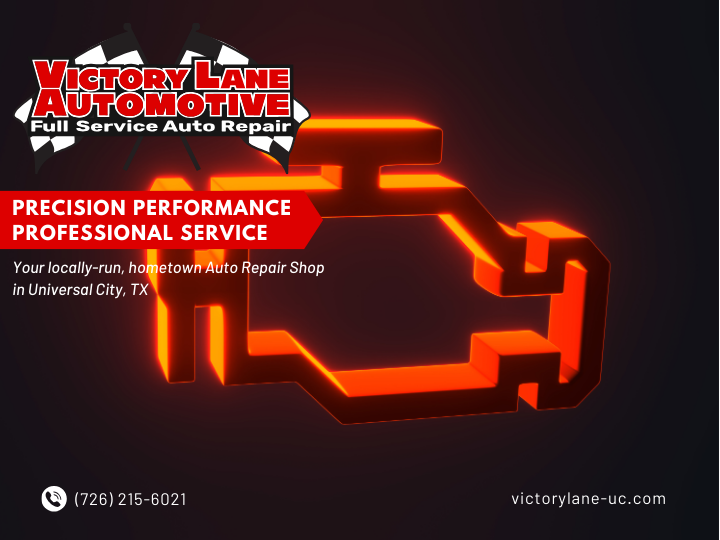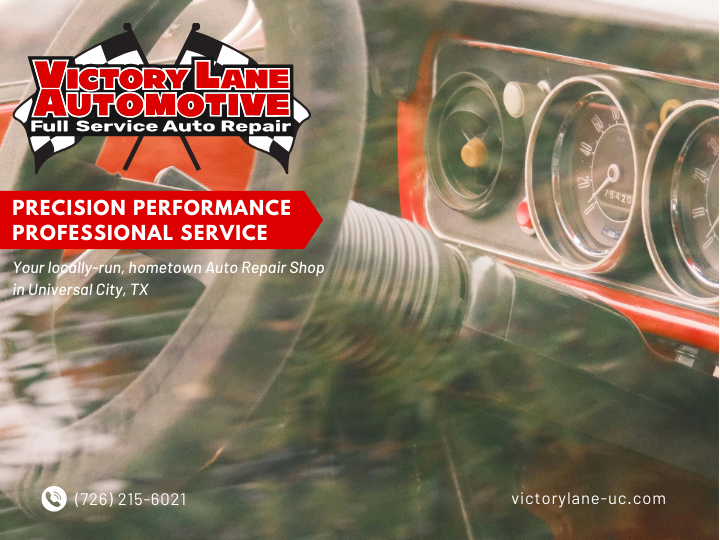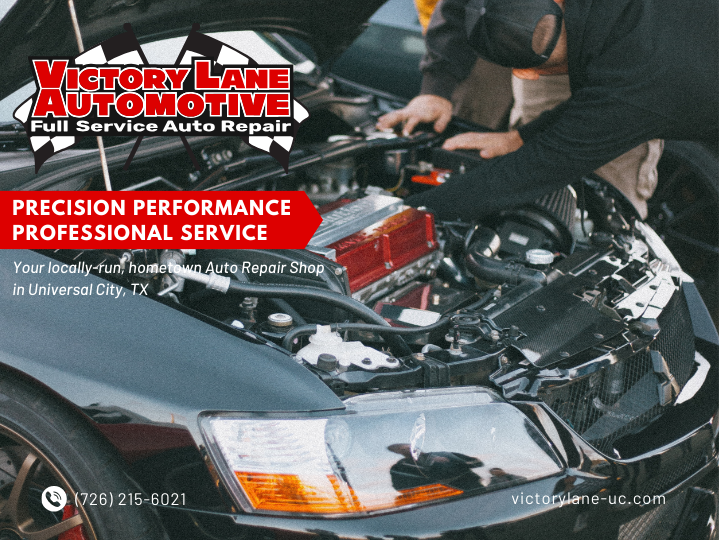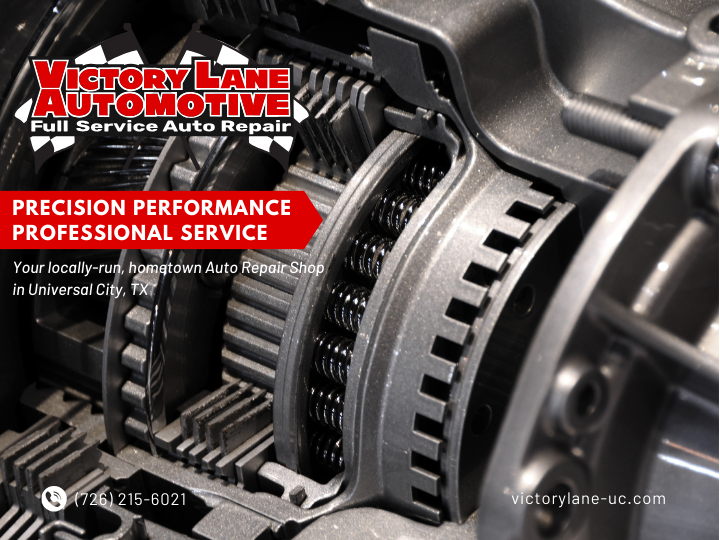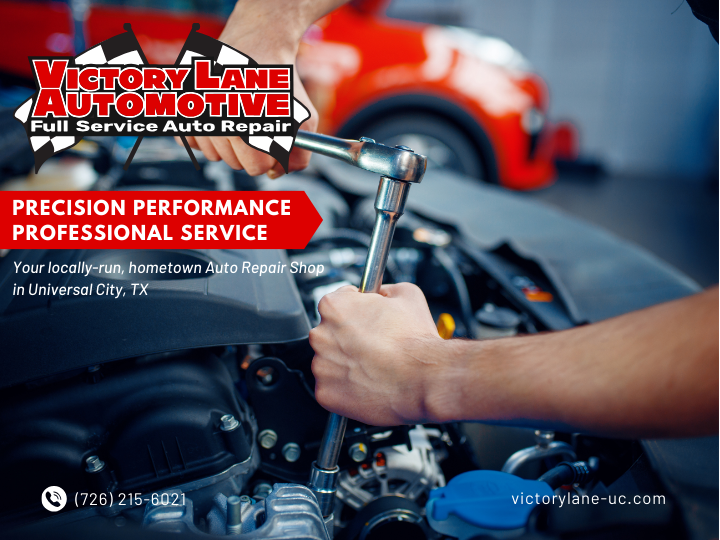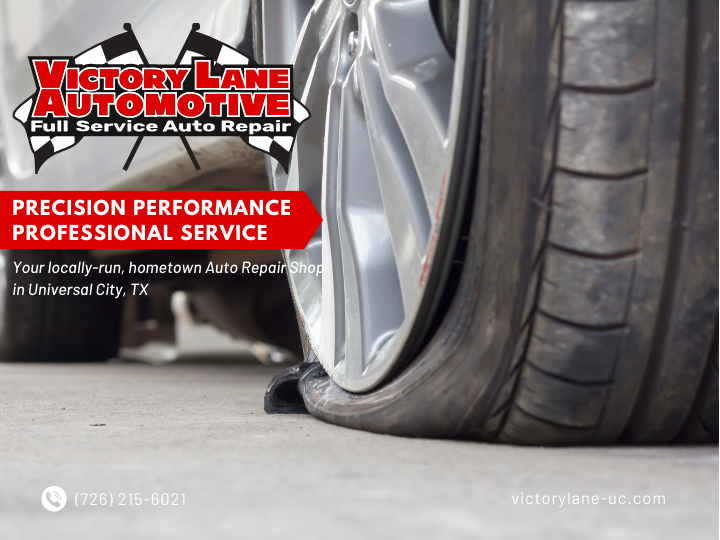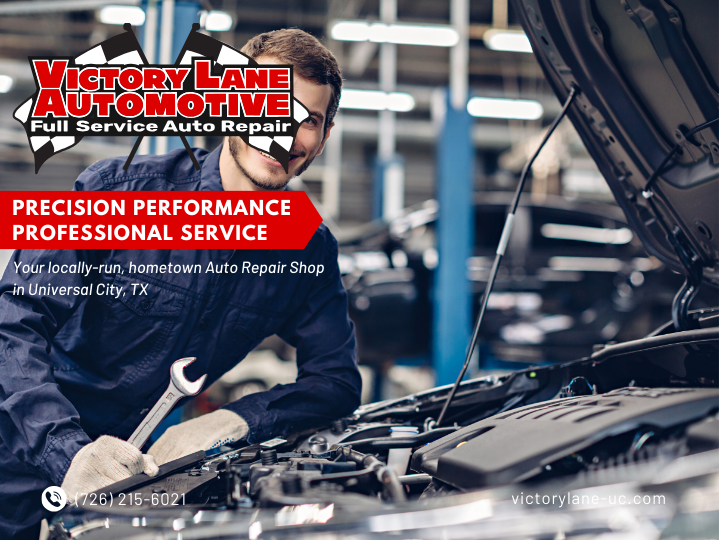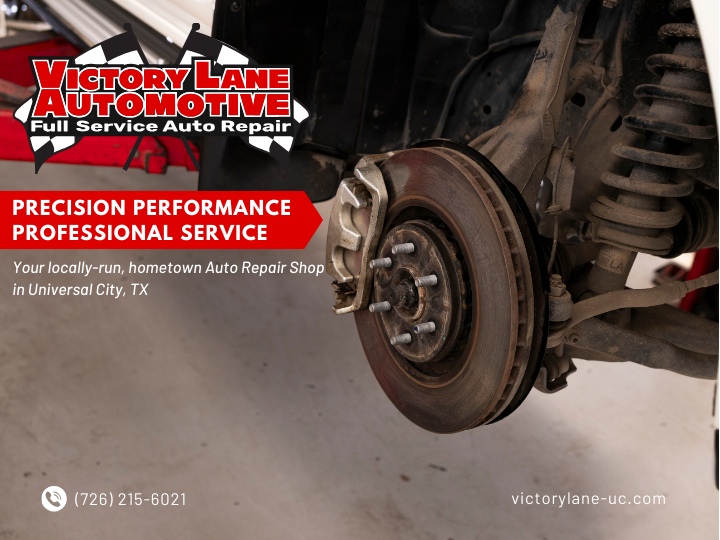Do I need a good relationship with my mechanic
Do I need a good relationship with my mechanic?

Do I Need a Good Relationship with My Mechanic? Absolutely—Here’s Why
When it comes to maintaining and repairing your car, there’s one thing that often gets overlooked: your relationship with your mechanic. Sure, it might seem like a simple transaction—you bring your car in, they fix it, you pay, and you leave. But in reality, it’s much more than that. Having a strong, honest relationship with your mechanic is essential, not just for the health of your vehicle but for your own peace of mind. After all, your mechanic plays a vital role in ensuring the safety and reliability of the machine you depend on every day. Let’s dive into why this relationship matters and how you can make it work for both parties.
Mechanics: Modern-Day Rocket Scientists
First, let’s address a common misconception: mechanics are not just “grease monkeys.” Far from it. Modern vehicles are marvels of engineering, combining advanced technologies in pneumatics, hydraulics, electronics, and internal combustion systems (or electric motors). Today’s mechanics are essentially rocket scientists for the road. They use their expertise to ensure your car runs smoothly, safely, and efficiently. From diagnosing complex electronic systems to keeping your brakes functional and your fluids in check, their work is critical.
Why the Relationship Matters
Trust Is a Two-Way Street
When you hand over your car keys, you’re entrusting your mechanic with your safety and the reliability of your vehicle. That trust goes both ways. Mechanics also rely on you to provide honest and accurate information about your car’s condition. If you downplay issues or withhold details, you’re making their job harder—and potentially more expensive for yourself.
Respect the Expertise
Unfortunately, some people approach mechanics with a dismissive attitude, as if the shop owes them something just for existing. This mindset undermines the professional expertise mechanics bring to the table. Remember, they didn’t buy your car, they don’t drive it, and they’re not responsible for the wear and tear it accumulates. Their job is to fix it to the best of their ability and keep you on the road. Mutual respect is the foundation of a productive relationship.
What a Good Relationship Looks Like
Honesty and Communication
A successful relationship with your mechanic begins with transparency. Whether your brakes are squeaking, your car vibrates when you accelerate, or it makes an odd chirping sound when turning, share these details upfront. Don’t try to “hide” problems in an attempt to save money. Mechanics aren’t mind readers; the more information you provide, the better they can diagnose and fix the issue efficiently.
Be Proactive, Not Reactive
Waiting until something breaks isn’t a great strategy. Regular maintenance is key to extending your car’s lifespan and avoiding costly repairs down the road. On average, maintaining a car costs about $3,000 annually if you drive 15,000 miles per year. If you think you’re spending less, you might be neglecting necessary upkeep, which could cost you more in the long run.
The Walk-Around: A Key to Building Trust
Many shops today incorporate a “walk-around” as part of their customer service. During a walk-around, a service advisor or mechanic walks with you to your car to discuss its condition and any concerns you have. This process helps establish a personal connection and ensures you’re on the same page about what your car needs.
What You Should Share During a Walk-Around
- Your Driving Habits: Do you drive in the city, on highways, or off-road? Are you a cautious driver or more aggressive?
- Your Car Goals: Are you planning to keep the car for a few more months or several years? This information helps mechanics tailor their recommendations to your needs.
- Current Issues: Be upfront about noises, performance changes, or leaks. The more specific you are, the better.
What the Mechanic Should Do
A good shop will take the time to understand your priorities, whether it’s performance, comfort, or just getting from point A to point B. They should also educate you about your vehicle’s needs and help you make informed decisions about repairs and maintenance.
Breaking Down Stereotypes
One of the reasons mechanics have a bad reputation is the perception of dishonesty. But this stereotype often starts with miscommunication. If a customer isn’t honest about their car’s issues or expectations, it can create friction that leads to mistrust. By approaching the relationship with transparency and respect, both sides can avoid these pitfalls.
Planning and Patience: A Win-Win
Mechanics are busy professionals, and their time is valuable. Instead of rushing through your visit, plan ahead. Schedule enough time to discuss your car’s needs and allow the mechanic to do a thorough job. This small effort on your part goes a long way toward building goodwill and ensuring your car gets the attention it deserves.
Why It Pays to Maintain Your Car
Cars today can easily last 200,000 to 500,000 miles with proper care. Routine maintenance—oil changes, tire rotations, brake inspections, and fluid top-offs—is the secret to getting the most out of your vehicle. Neglecting these tasks may save money in the short term but will likely lead to bigger, more expensive problems down the road.
Final Thoughts: Building a Relationship That Works
At its core, the relationship with your mechanic is like any other: it thrives on trust, communication, and mutual respect. By being honest about your car’s condition and needs, you empower your mechanic to do their best work. In turn, a good shop will educate and support you, ensuring your car remains safe and reliable for years to come.
So the next time you visit the shop, take a moment to build that relationship. It’s not just about fixing your car—it’s about creating a partnership that keeps you and your vehicle running smoothly, mile after mile.



